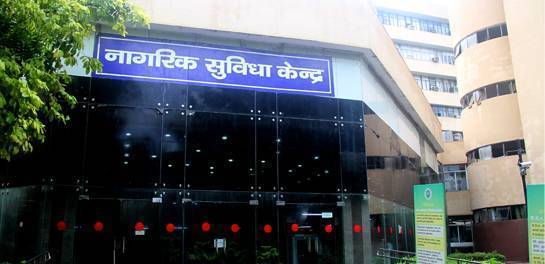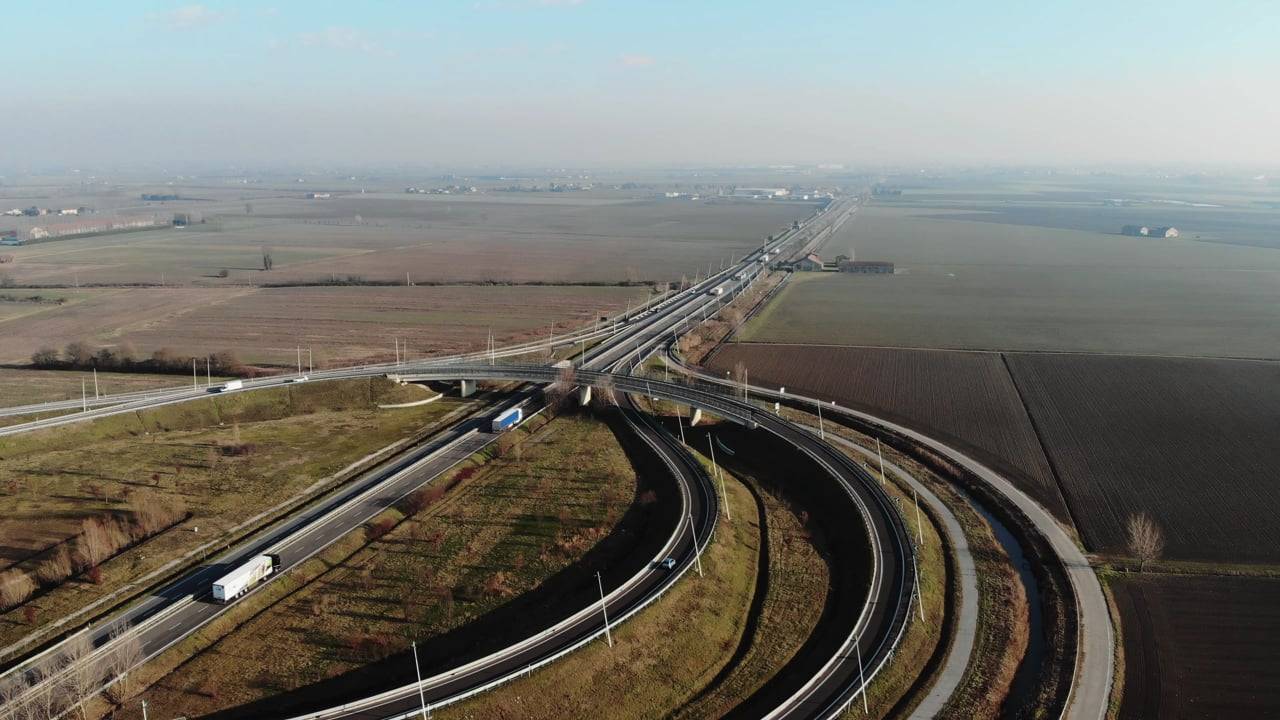In a major recognition of its sustained urban sanitation efforts, Uttar Pradesh has emerged as the top-performing state in the Swachh Survekshan 2024–25 survey. The annual cleanliness rankings, released in Delhi’s Vigyan Bhawan, highlighted the progress of cities across India, with Uttar Pradesh dominating several award categories. President Droupadi Murmu presented the awards, which were received by state Urban Development Minister A.K. Sharma on behalf of the government.
The city of Lucknow emerged as a standout performer, securing third place among cities with a population exceeding one million. It also became one of the few Indian cities to be awarded the prestigious 7-star Garbage Free City (GFC) certification, a milestone that reflects advanced waste segregation, scientific processing, and sustainable sanitation practices.
Other cities in the state also demonstrated strong performance. Prayagraj was declared the Cleanest Ganga City, owing in part to the sanitation and crowd management measures undertaken during Mahakumbh 2025. Agra, which featured among the top thirty cities nationally, was recognised as an Emerging Clean City, and received a 5-star GFC certification. Gorakhpur was ranked prominently in the Safaimitra Surakshit Shehar category and also among cities with a population between 3 and 10 lakh, with a 5-star GFC rating to its credit.
The survey findings indicate that the push for urban cleanliness has not remained restricted to metropolitan centres. Smaller municipalities across the state have also shown measurable improvements. Moradabad ranked tenth nationally, Bijnor’s municipal council secured the twenty-ninth position, and Shamshabad reached ninety-fifth place in the national rankings. These results point to the growing sanitation coverage across the state’s urban spectrum.
The awards were conferred as part of the ninth edition of the Ministry of Housing and Urban Affairs’ flagship Swachh Survekshan programme, which assesses urban local bodies based on parameters including solid waste management, citizen feedback, and sanitation infrastructure.
Urban Development Minister A.K. Sharma, addressing the awards ceremony, emphasised that the results reflect the broader commitment of the state government, led by Chief Minister Yogi Adityanath, to enhance living conditions in urban areas through efficient planning and monitoring. Sharma said the initiatives were driven by a policy push towards integrated waste management, staff safety, and digital monitoring systems.
According to Special Secretary Anuj Jha, key indicators such as door-to-door waste collection improved from 48% in the previous year to 62%, while solid waste processing saw a rise from 48% to over 85%. The GFC ratings, ODF++ achievements, and Water+ certifications across several cities further strengthened the state's standing in national sanitation benchmarks.
A defining feature of this year’s performance was the improved inter-agency coordination, especially during mega events like the Mahakumbh, where the sanitation systems were tested under high footfall. State-level monitoring cells, training programmes for municipal workers, and citizen engagement campaigns were cited as critical enablers of success.
The awards also bring Uttar Pradesh into a leadership position nationally in terms of GFC certifications. With Lucknow joining the elite list of 7-star cities and other cities like Gorakhpur and Agra receiving 5-star ratings, the state now boasts a wider distribution of high-ranking urban centres in terms of cleanliness.
This upward movement is aligned with the national goals under the Swachh Bharat Mission (Urban), where states are encouraged to implement sustainable waste management practices, eliminate open defecation, and enhance environmental hygiene through community engagement and infrastructure development.
The recognition for cities like Bijnor and Shamshabad shows that smaller municipalities are also aligning with these goals. The focus on decentralised waste processing, mechanised street sweeping, and capacity-building for sanitation workers has been instrumental in sustaining cleanliness efforts across varying urban scales.
With the 2025 rankings highlighting both depth and spread of sanitation coverage, Uttar Pradesh has not only topped the survey but also set a precedent for consistent, state-led improvement in urban cleanliness metrics. As more cities push towards higher GFC ratings and improved sanitation outcomes, the state is likely to continue playing a pivotal role in shaping India’s urban cleanliness narrative in the years ahead.









.png)